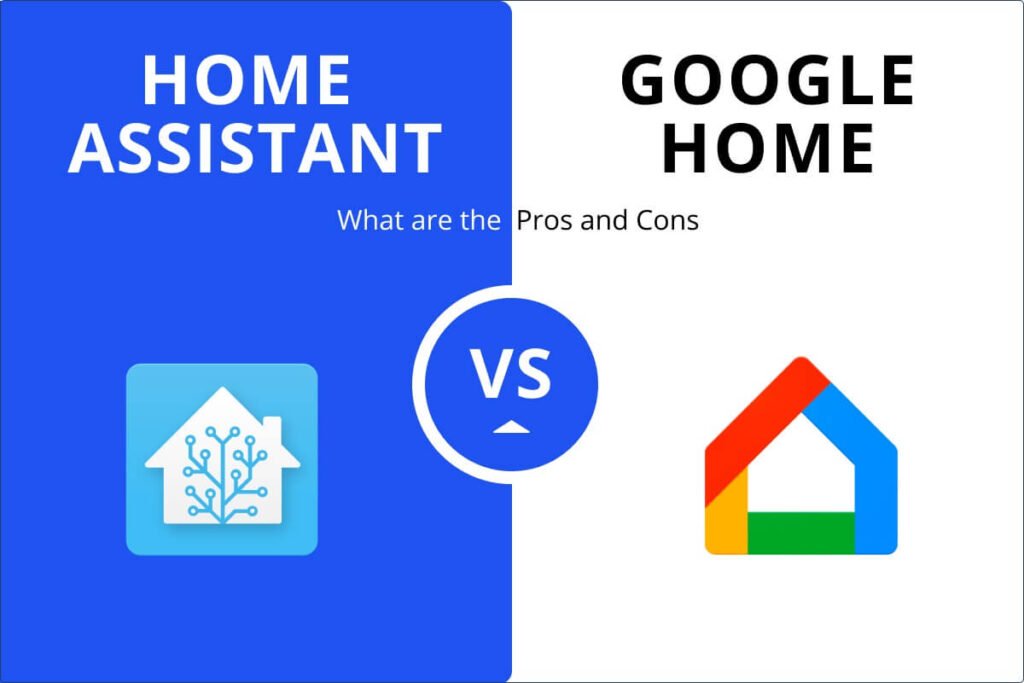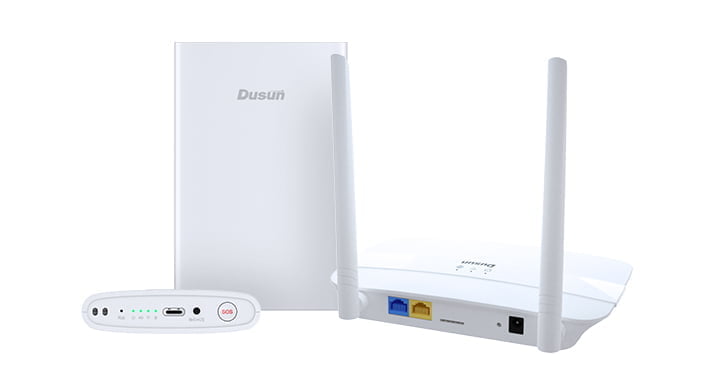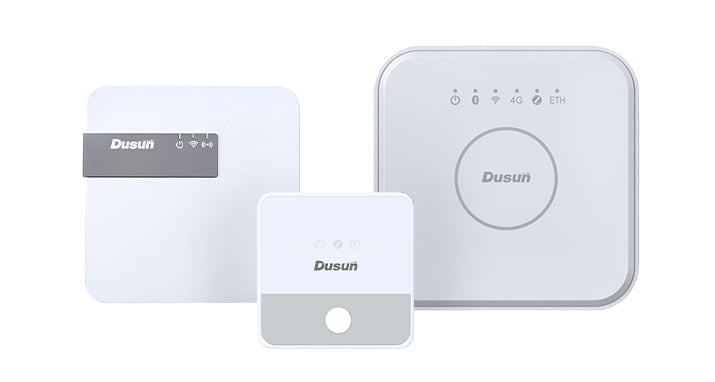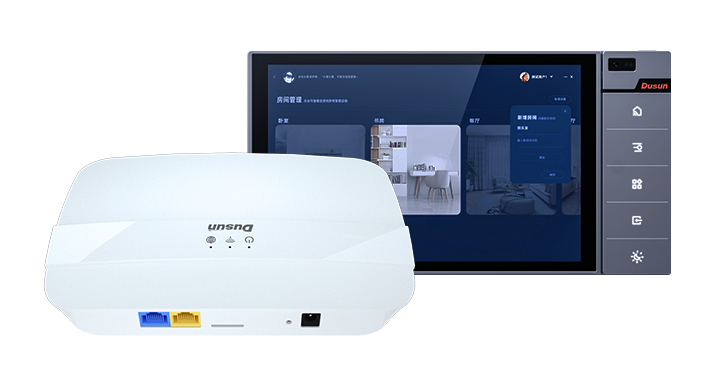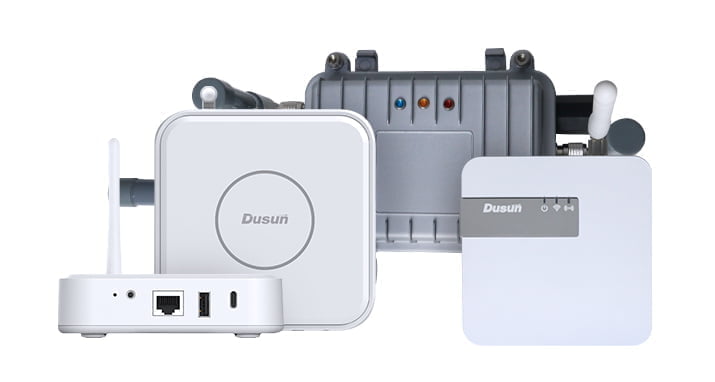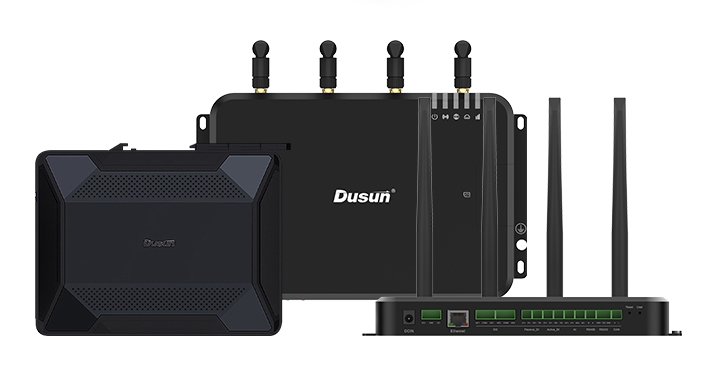home assistant vs google home? Well ,firstly, almost everyone knows that Home Assistant is a open-source software platform, while Google Home is a commercial Home Automation. Beside this difference, what makes one home automation platform stand out from the other? Which home automation platform do you think best suits your preferences? Find out all you ever wanted to know about these home automation platforms through their corresponding pros and cons below.
What is Home Assistant?
Home Assistant is an home automation software widely used by many homeowners and home automation system developers. What started as a simple hobby project in 2012 turned into a major project that changed the way homeowners control their homes. As an open-source home automation platform, Home Assistant is continuously improved by its community of developers.
The said home automation platform provides emphasis on providing homeowners the ability to locally manage their smart home devices for utmost privacy. Home Assistant can also run and support various devices and integrations for the ultimate smart homeowner experience. That said, here are the pros and cons of using Home Assistant below.
Pros of Home Assistant
Home Assistant is Compatible with Many Devices
Since Home Assistant is an open-sourced software, you’re allowed to connect the home automation platform on any device. Home Assistant is compatible with more than a thousand devices, ensuring you can set up your Home Assistant with any smart device you have in your home. You may visit their official website and go to “Integrations” to find out if your smart device is compatible with their system.
Home Assistant can be Locally Controlled to Offer the Best Privacy
Unlike most home automation software, Home Assistant doesn’t require cloud services in order to function. This means that your data is only stored on your device, providing you and your family with plenty of privacy. Moreover, with a locally-controlled automation hub, you also don’t have to worry about locked doors or air conditioning units that won’t start up because of offline cloud services.
Home Assistant Supports Various Integrations:
If you’re using other home automation platforms, such as Amazon’s AWS and Apple’s HomeKit, there’s no need for you to transfer all your automation processes to Home Assistant. Simply integrate them into Home Assistant, and you can set up your other smart home devices to be controlled through Home Assistant.
Home Assistant can be Extended with Several Add-ons
Depending on your unique needs as a homeowner, you may have the option of extending your Home Assistant’s overall functionality using available add-ons. For example, you can turn your other smart home devices into a media player with a dedicated add-on that does just that. Or perhaps, if you want extra privacy, you can also install a privacy-preserving voice assistant add-on. You should get the picture by now.
Home Assistant Comes with a Customizable Dashboard
Home Assistant dashboard is where all your cards are displayed to showcase information about your connected smart home devices. And if you like to keep things organized in your way, you might appreciate Home Assistant’s customizable dashboard. It includes a total of 29 varying cards, which you can place and configure to your liking. They even have a live preview as you make edits, ensuring you can see the changes you make before finalizing them.
Cons of Home Assistant
Home Assistant Comes with a Learning Curve
Despite the perks Home Assistant has to offer, it still, unfortunately, comes with one drawback. As previously mentioned, Home Assistant supports various integrations. This allows you to customize Home Assistant to best suit your preferences as a smart homeowner. However, the downside to this is that this level of customization definitely comes with a learning curve.
Fortunately, the Home Assistant community has been doing its part to release newer versions that simplify the installation and configuration of the system. Furthermore, with the right amount of learning, you might be able to get past Home Assistant’s learning curve. But if you’re not willing to make that effort, Home Assistant might not be a good choice for you.
What is Google Home?
Google Home is a smart home application that includes built-in features to provide Google Assistant Functionality. This allows you to connect your smart home devices and control them using Google Home, provided that they have Google Assistant. Moreover, you may also give Google Home voice commands to control your home utilities, entertainment devices, and your home security features.
Google Home is compatible with a wide range of services and hardware currently in your possession, from music services like Spotify to smart home hubs like D-Link and Telstra Smart Home. Homeowners may get a look into the technological future with the help of Google Home, just as they do with other comparable smart home technologies. The instant replies that Google Home gives to your inquiries span a wide variety of subject areas.
Whatever you want it to do, it will do it, whether it be to play your favorite song or to give you the latest weather report. Although this appliance is quite well-liked by homeowners as a result of the numerous helpful functions that it has, it is not without problems of its very own.
Having said that, some significant advantages and disadvantages of the Google Home platform are as follows:
Pros of Google Home
Google Home is A Cost-effective Choice for Most Homeowners
There are three distinct models of this apparatus, so it may be tailored to meet the needs of any given household regardless of financial constraints. Google Home isn’t as cheap as the Amazon Echo, but it’s still cheaper than a lot of other smart speakers.
Google Home Has Voice-activated Digital Assistant
Google Assistant is included in Google Home, which is a major selling point for the product. Google Assistant, like Apple’s Siri and Amazon’s Alexa, is a computerized voice assistant, but it’s the most natural-sounding and conversational of the bunch.
When it comes to voice assistants, this is one of the few that gets the importance of context. It’s worth noting that Google Assistant can be asked just about anything and will likely know the answer. The gadget never fails to respond to queries, whether they pertain to the current weather or anything else. Everyone else in the home may use their own Google account to link to Google Home.
Sound quality is excellent for such a little gadget, and Google Home’s cylinder form factor further adds to its portability. The gadgets may not provide the deep bass that some housemates like, but they deliver perfectly clear audio when called upon.
Google Home Can Play Games
Google Home also has games, so you’ll never be without entertainment. This is because it has more games built into it than any other smart speaker now available. All sorts of games are available, from trivia to D&D to a music quiz to a spoken role-playing game. The fact that you get to choose your opponents is an added bonus. You may play with friends and family, as well as complete strangers, on the internet. You may be entertained by these games at any moment, even if you’re otherwise occupied.
Google Home Can Be Personalized
As an added bonus, Google Home may be personalized to fit in with your existing aesthetic. Unlike other speakers, whose designs are set in stone and cannot be altered, this one allows you to change the color if you so want. In case you’re not fond of the default grey and white design of Google Home, you can always change it to something more to your taste.
There is No Subscription Required By Google Home
It does not need a subscription, unlike the vast majority of modern technology. Most homeowners will soon find this to be a very annoying problem. This is because most families spend hundreds, if not thousands, each year just on subscriptions. Anyway, once you’ve purchased a Google Home, it’s yours to keep and use however you see fit. That being said, it will always be completely free of charge.
Cons of Google Home
Google Home Has Limited compatibility
However, its compatibility is limited in comparison to other home assistants. Due to Google Home’s limited compatibility, only 50,000 smart devices may be used with it at this time. Some homeowners may find this to be insufficient, especially those who want to try new things when it comes to their home automation.
Google Home is Incapable of Receiving or Sending Electronic Communication
These functions can be easily accomplished by most smart speakers and smart hubs equipped with Alexa or Siri. Google Home lacks this functionality even though it is present in certain automobiles.
Google Home is Unable to Pick up Remote Voice Instructions
The fact that Google Home’s microphone doesn’t work well at longer distances is another drawback. This is in contrast to Amazon Echo, which can detect voice instructions from quite a distance. You need to come really near to Google Home to speak or ask it anything.
The Comparison Outcome
Several “smart house” technological advancements have become more commonplace. Although there is no silver bullet when it comes to smart home technology, with little forethought and preparation, you may greatly reduce the stress and hassles associated with daily living at home.
That said, if you simply want a home assistant with basic home control, Google Home will do the job for you. On the other hand, Home Assistant is better if you prioritize privacy and better compatibility as long as you’re willing to learn the ups and downs of using this home automation software.
But do remember, Home Assistant platform is a software. If you want to make a home automation system, you need a hardware. With that together, they make up a whole smart home system.
Home Assistant acts like the server, it can be understood as the brain, where instructions are received and sent. You also need Home Assistant gateway to be a node to connect each terminal smart home device. This is the most critical.






